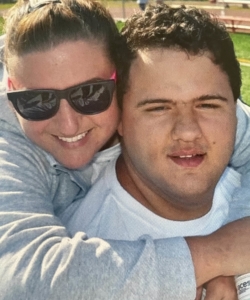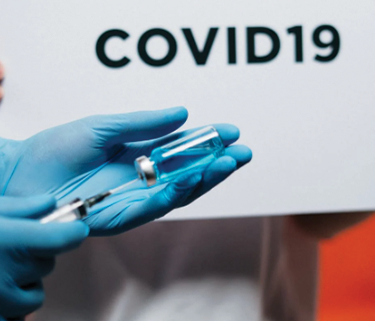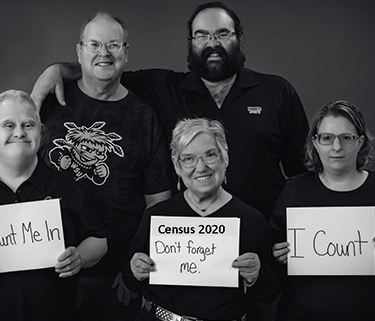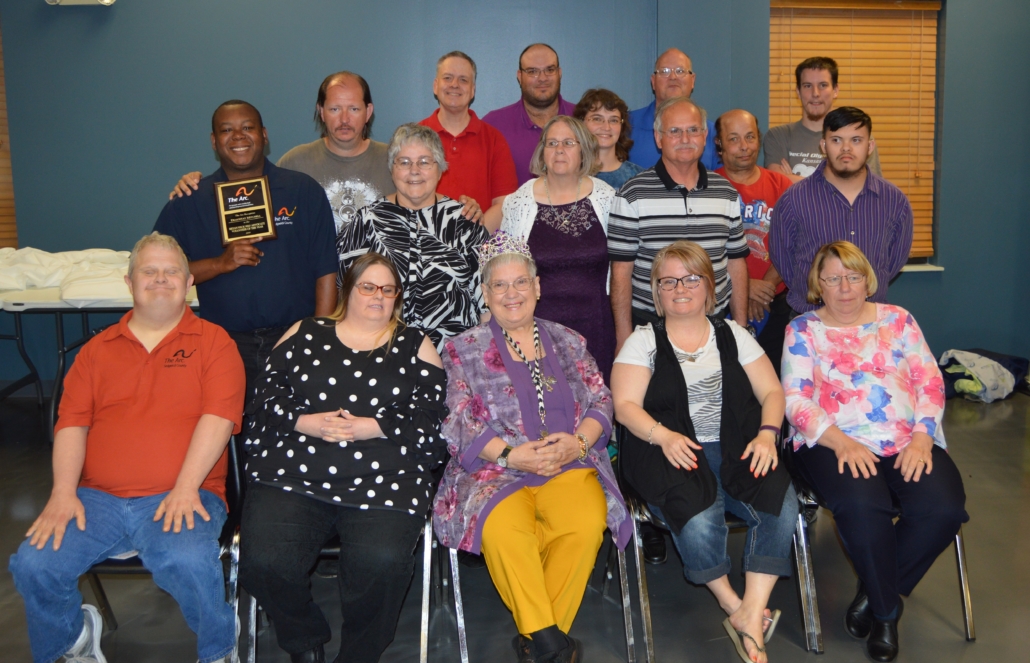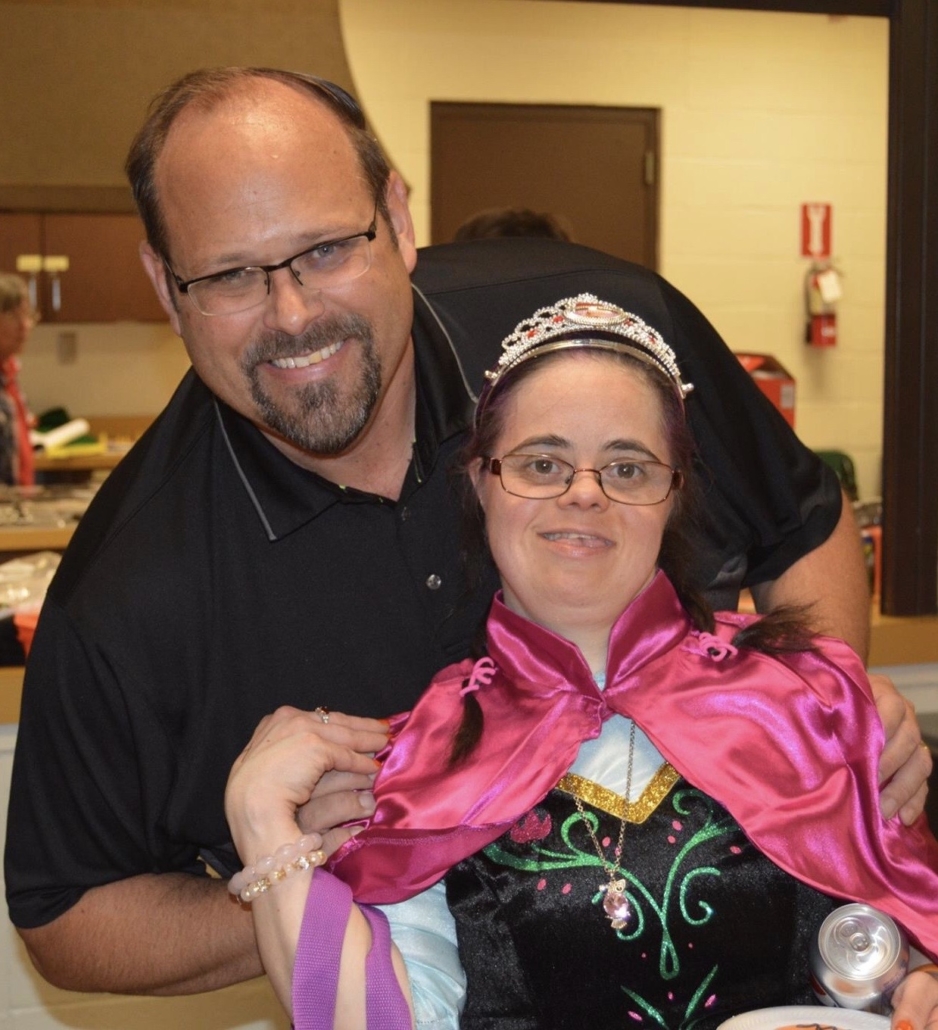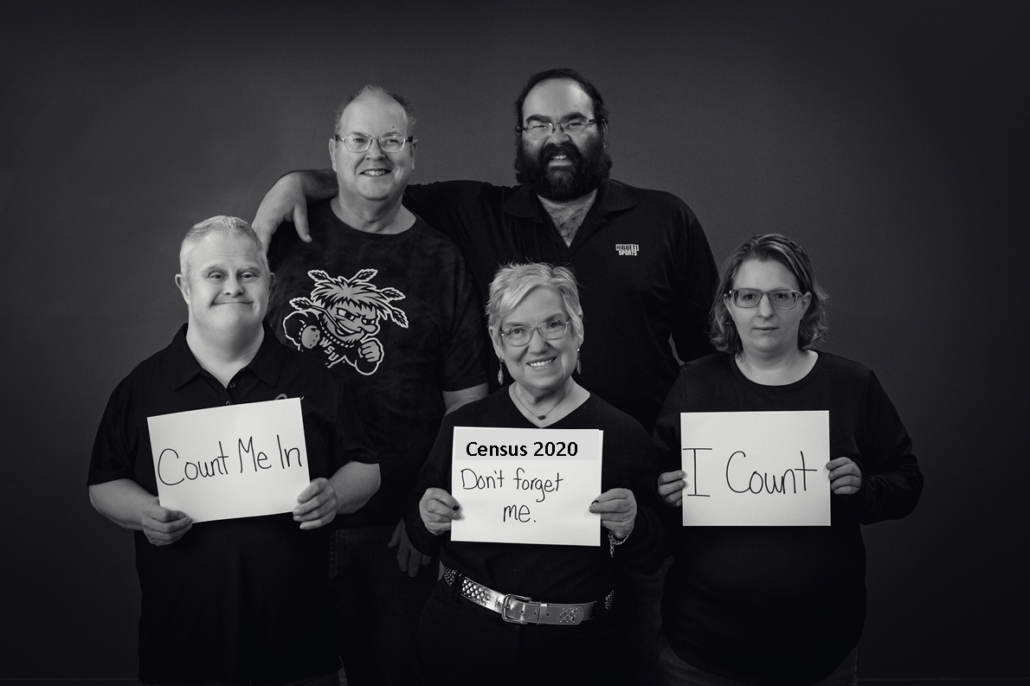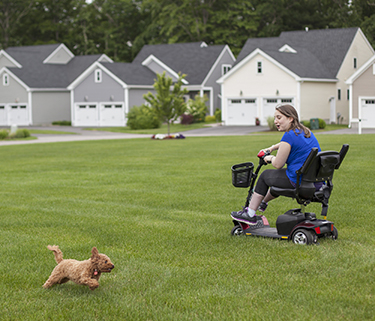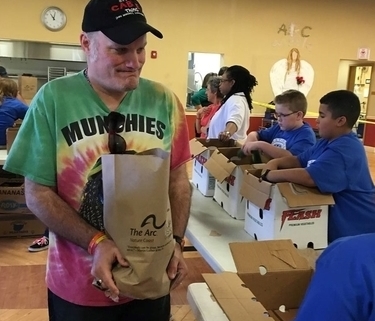#CareCantWait: COVID-19 Recovery Must Include People With Disabilities, Families, and the Care Workforce
By: Nicole Jorwic, Senior Director of Public Policy and Bethany Lilly, Senior Director of Income Policy
While legislators in Washington, DC debate what IS and IS NOT infrastructure, people with disabilities and their families are grappling with day to day life, and a system that did not have the infrastructure and staff to support them before COVID-19, and today is only worse.
#CareCantWait any longer.
Every day that passes without investing in the care infrastructure, is another day a person with a disability does not get the services that they need, another day of family members scrambling and juggling to fill in the gaps, and another day our country fails to seize the chance to build back better.
The pandemic has highlighted the gaping holes in the systems that support people with disabilities—a direct care workforce stretched to the breaking point by low wages, family caregivers choosing between their jobs and their loved ones, and people with disabilities trapped in poverty and in a life limiting their potential.
As conversations continue about where we can and cannot afford to make investments as a country, we cannot let the needs of people with disabilities, their family caregivers and the direct care workers who support them to get left behind. As the saying goes, if you make something work for people with disabilities, it works better for everyone. This is infinitely true when it comes to economic recovery. Congress must pass the Better Care Better Jobs Act that includes a desperately needed $400 billion investment in home and community-based services (HCBS), a national paid family and medical leave program, and update decades-old rules that trap Supplement Security Income (SSI) beneficiaries in poverty. These are The Arc’s priorities as Congress turns to recovery.
Home Is in the Community, With the Services To Thrive
The Biden Administration already did propose a huge long-term investment in HCBS in the American Jobs Plan, also known as the infrastructure plan, and Congress followed suit with the introduction of the Better Care Better Jobs Act on June 24, 2021. The bill includes a $400 billion investment to build more access to home and community-based care and create over a million direct care jobs to support people with disabilities, and make those jobs better. There cannot be an economic recovery for this workforce, one made up mostly by women of color, without an investment to raise wages and create more direct care jobs.
People with disabilities and aging adults rely on direct care workers to provide the supports and services that they need to live in their homes and communities, and family caregivers rely on that support to work themselves. Having a skilled, properly trained and fairly paid workforce is the lynchpin for success for so many people with disabilities to live the independent life that they choose, and in some cases in can literally mean life or death. The proposed $400 billion investment in HCBS would address those systemic problems—raising wages and expanding access that will lead to decreased waiting lists.
When the Better Care Better Jobs Act becomes law, the $400 billion investment will allow states to build infrastructure and capacity for service provision, with a well-paid workforce, and thereby supporting unpaid family caregivers who are filling the gaps for the system that currently leaves nearly one million people waiting.
Paid Leave for All
The Biden Administration has also recognized the need for a comprehensive national paid leave program and included it in the proposed American Families Plan. It would cover all family members, including siblings and grandparents, who might need to take time off to help support people with disabilities. During the pandemic, millions of family members had to juggle existing caregiving responsibilities, and often new or different ones because of program closures, with their work. Caregivers have been managing instability and interruptions in services for years. But the proposed national program would provide family caregivers with the job support they need to be there for their loved ones for the first time. We are working with Congress to turn this plan into legislation, that once again, will impact the lives of millions of people with disabilities and their families.
Improve the Supplemental Security Program
And in his campaign platform, President Biden recognized the importance of SSI for people with disabilities and the desperately needed fixes to a program that has not been updated in decades. He proposed increasing benefit levels to the Federal Poverty Level, asset limits, and income rules, in addition to eliminating harmful rules that prevent people with disabilities from getting married or help from family members. These long-overdue updates would provide the economic support that people with disabilities need without trapping them in poverty.
The infrastructure that supports people with disabilities has been and is crumbling—just like many of our roads and bridges. We have an opportunity to give direct care workers a raise, expand HCBS services, support family caregivers, and update SSI. Congress must take this opportunity. Our #CareCantWait any longer.
Tell Congress #CareCantWait and to pass the Better Care Better Jobs Act now!


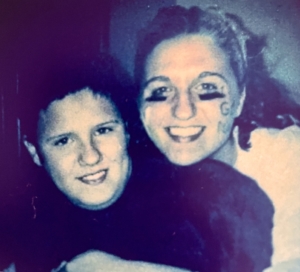 Nicole: Like
Nicole: Like 